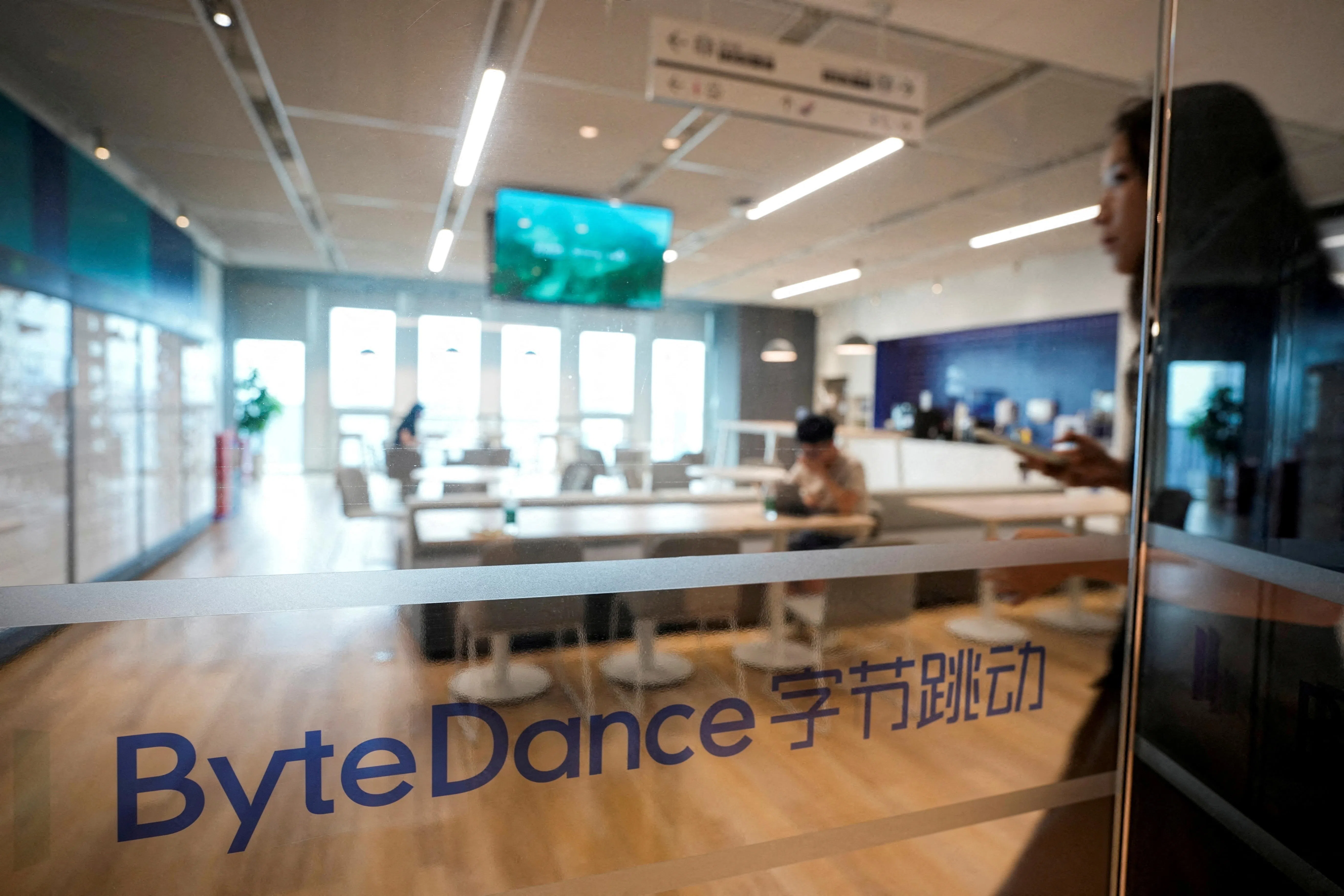ARTIFICIAL intelligence (AI) adoption is set to rise as most companies expect to ramp up spending on the technology in their next fiscal year, a report by the Deloitte AI Institute has found.
The State of Generative AI in the Enterprise report stated that 78 per cent of respondents said their companies expect to boost overall AI spending in their next fiscal year. The institute surveyed 2,773 individuals from director to C-suite executive levels across 14 countries.
Speaking on the rise in AI adoption, Deloitte Global chief executive officer Joe Ucuzoglu said that generative AI (GenAI) use cases are “rapidly proliferating” in leading companies across various industries.
“We are seeing a shift as leaders move past the initial hype to strategically deploying GenAI in the core of their businesses,” he said.
Companies experiment “heavily” with generative AI but take their time to scale projects
While AI is poised to play a bigger role in businesses, companies are adopting a pragmatic approach when it comes to scaling up their AI adoption.
The report found that organisations are “heavily experimenting” with generative AI, but are taking their time to scale these experiments.
BT in your inbox
Start and end each day with the latest news stories and analyses delivered straight to your inbox.
This comes as more than two-thirds of the respondents said their companies plan to scale just 30 per cent or fewer of their current AI projects.
Meanwhile, only 13 per cent plan to scale 40 per cent of their projects and less than one-fifth plan to scale 50 per cent or more.
This reflects a “longer-term” approach towards scaling, the report said.
Noting that actions varied across individual enterprises, it found that companies that are large, advanced in their use of AI, and/or operating in key industries – such as technology, media and telecommunications, life sciences, healthcare and financial services – tend to conduct more experiments.
Regulatory, risk concerns are top barriers to generative AI adoption, highlighting need for foresight
Regulatory and risk concerns have surfaced as the top barrier against GenAI adoption that is holding back companies from developing and deploying tools with this technology.
Worries about complying with regulation have risen by 10 percentage points from 28 per cent citing it as a worry in the first wave of the survey to 38 per cent citing it in the fourth wave, the report said.
“This highlights respondents’ unease about which use cases will be acceptable, and to what extent their organisations will be held accountable for GenAI-related problems,” it added.
This comes as the rapid speed of tech advancements often outstrips the pace at which policymakers can keep up.
As a result, businesses and policymakers must “navigate the moving target of regulating a technology with capabilities that are still taking shape” – which likely contributes to the “relatively moderate” pace of transformation, the report said.
To navigate regulatory uncertainties, organisations should boost their capabilities in foresight, market sensing and scenario planning by modelling plausible futures and identifying potential blind spots to make more informed decisions, the report said.
Agentic AI is gaining ground but not a silver bullet
Agentic AI, or the use of autonomous AI agents that can execute complex tasks with minimal human intervention, is fast gaining ground.
The technology, which has the potential to create business value, ranks as the top area of interest in terms of future GenAI developments, the report found.
“Agentic AI is the next logical step for generative AI, giving GenAI-based systems access to more types of information and increasing AI’s level of responsibility and autonomy,” it said.
Moreover, 26 per cent of respondents said their companies were exploring the development of autonomous AI agents to a large or very large extent.
But the technology, while promising, is no silver bullet – it faces the same challenges of regulatory uncertainty, risk management, data deficiencies and workforce issues that plague GenAI.
These challenges are arguably even more critical for agentic AI because of the technology’s complexity, the report said.






